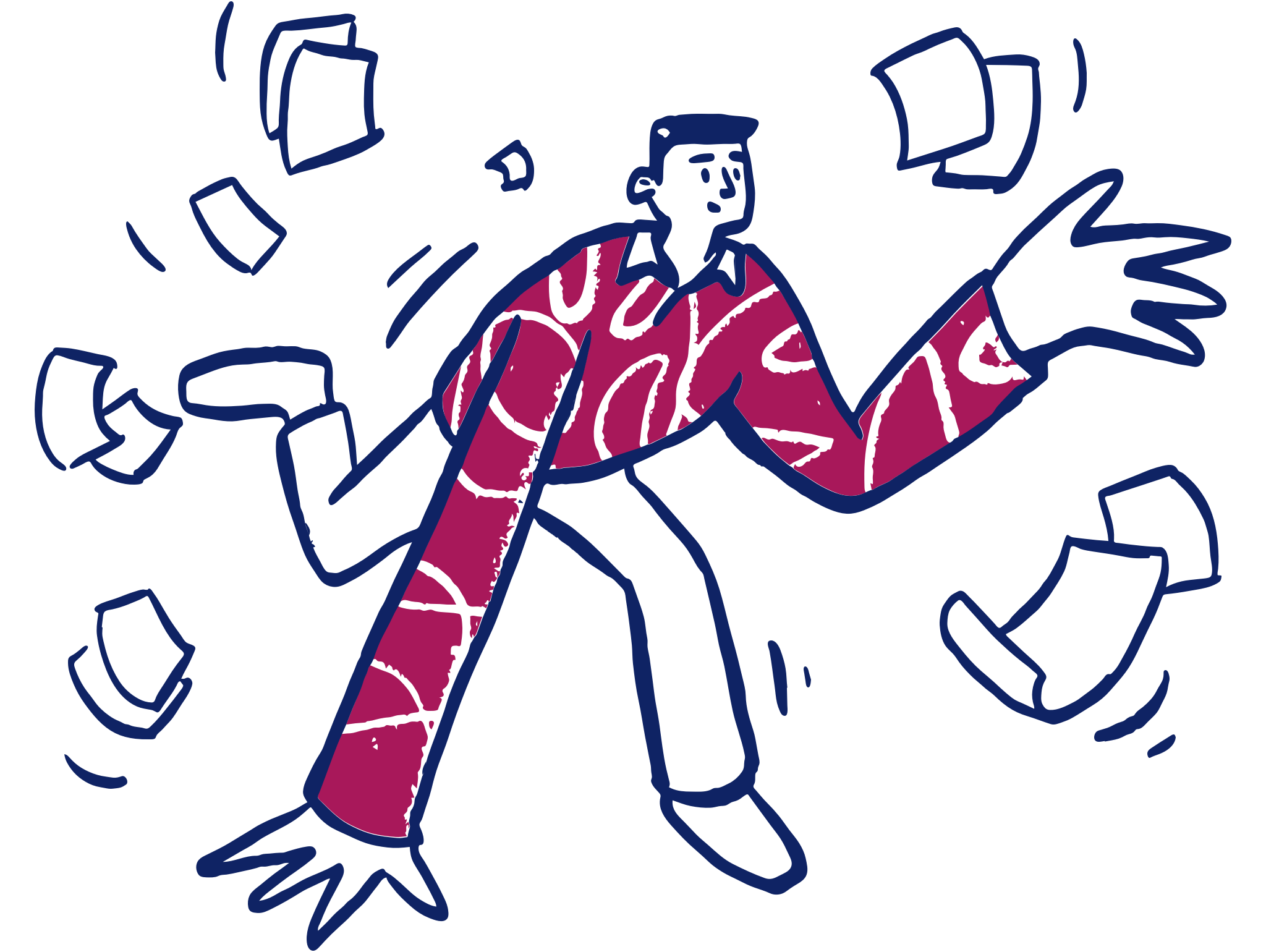Re-Thinking Diversity applies insights from behavioral science to shed light on how our thinking and actions are influenced by unconscious biases, emotional and social influences, and context.
We often see that being aware of an issue is not enough to change behavior. For example, we all know that eating sugar on a regular basis is bad for us, or driving and texting can lead to fatal accidents – yet millions of people still engage in these deadly behaviors.
Likewise, even if we’re aware of our biases, they still influence our behavior. Unconscious biases make it hard for us to move from intention (to be objective and fair in our judgments) to action (to actually be objective). Behavioral science gives us the tools to bridge this gap. At Re-Thinking Diversity, we apply insights from behavioral science to remove bias from people processes and foster an inclusive culture.
“Thinking fast” opens the door to unconscious biases
In his book Thinking, Fast and Slow, psychologist and Nobel Prize winner Daniel Kahneman shared the results of dozens of scientific studies and experiments. He showed that we make decisions using two systems: System 1 makes the large majority of our decisions, but it’s easily influenced by unconscious bias, prejudices, psychological factors and context. System 2 only kicks in when we have to think hard or under exceptional circumstances.
In effect, mostly using System 1-thinking when evaluating people is not helpful if we want to be objective and fair. The good news is that we can design people processes to keep our System 1-thinking in check.
